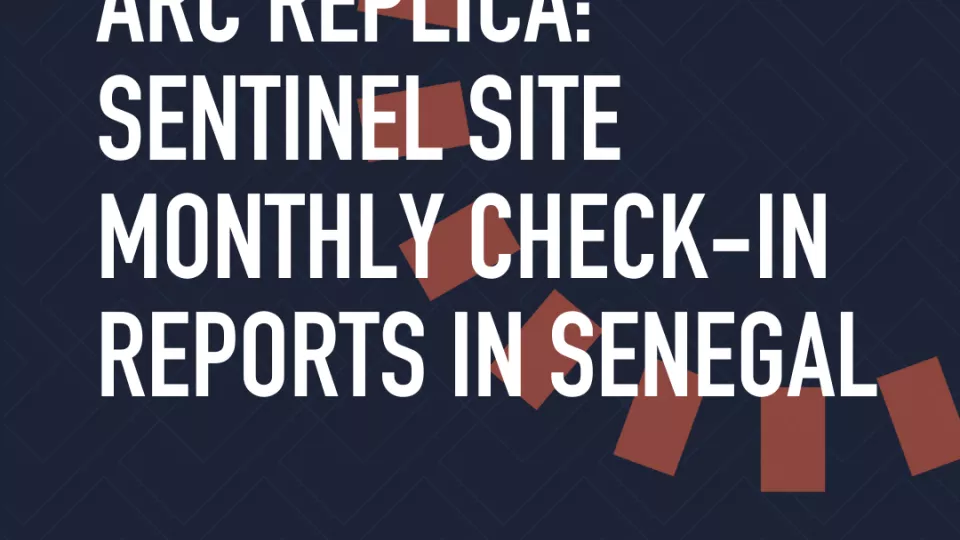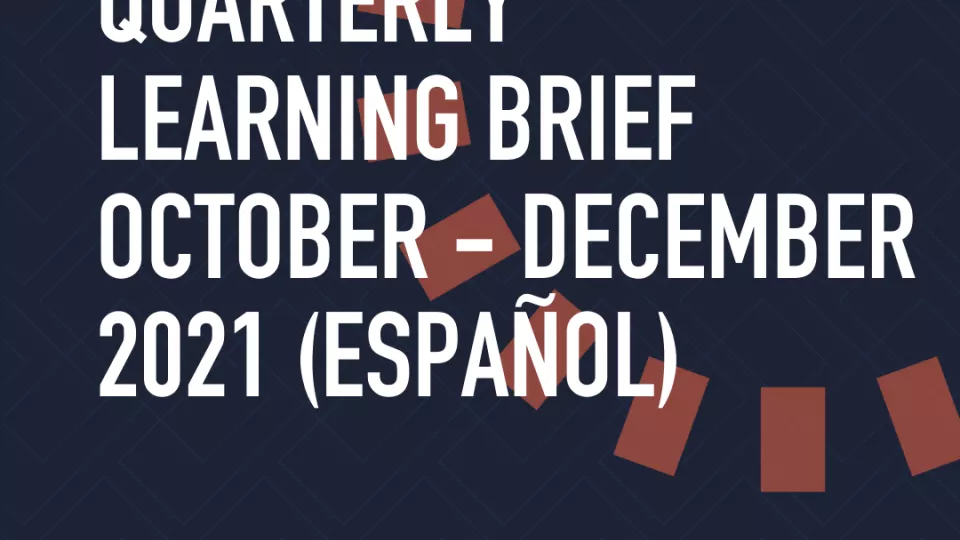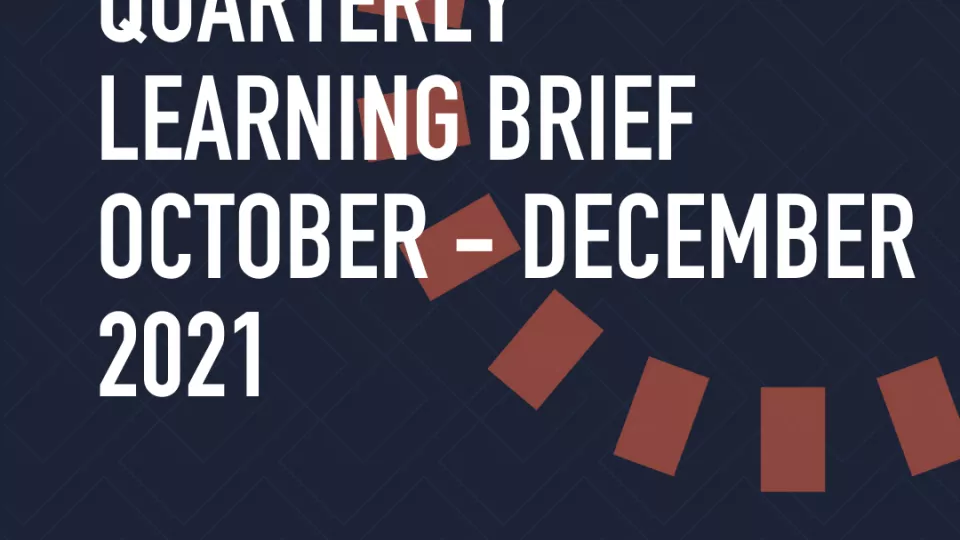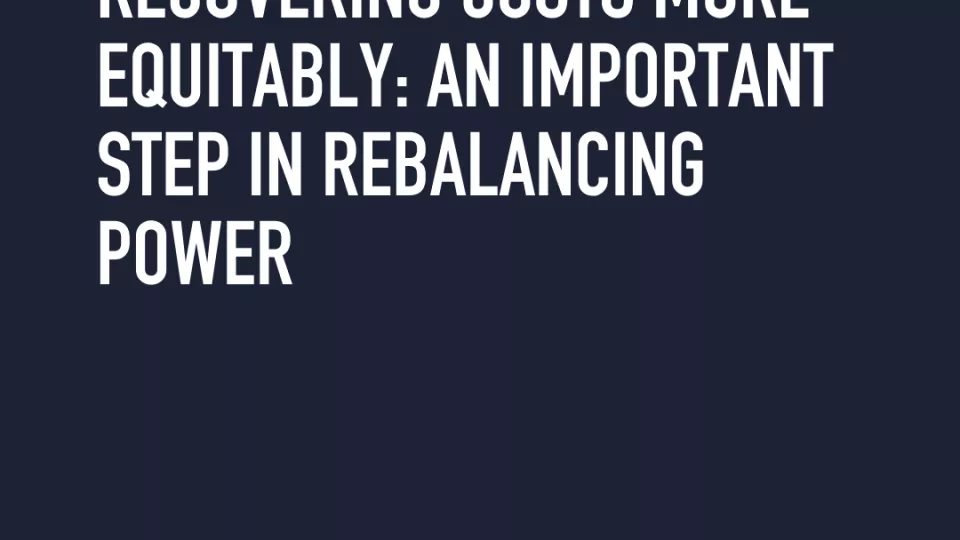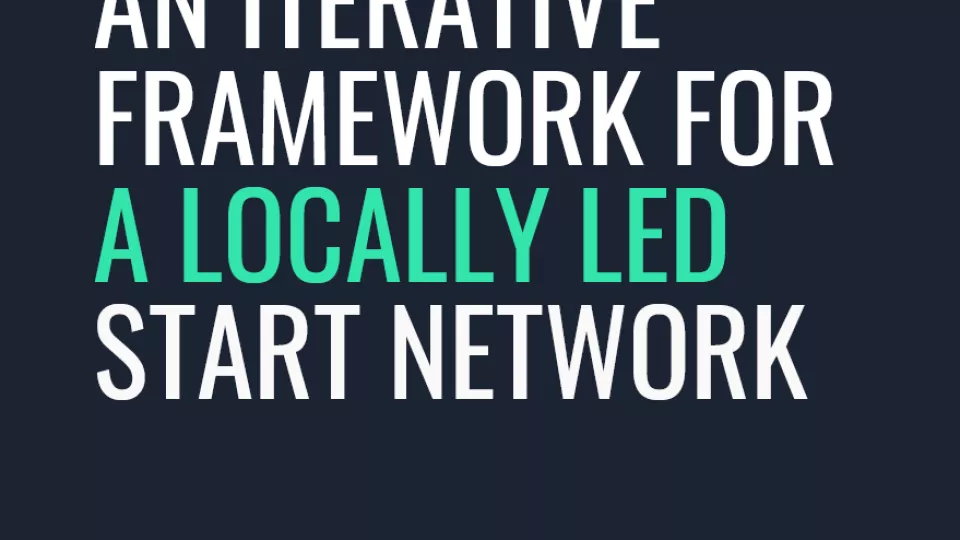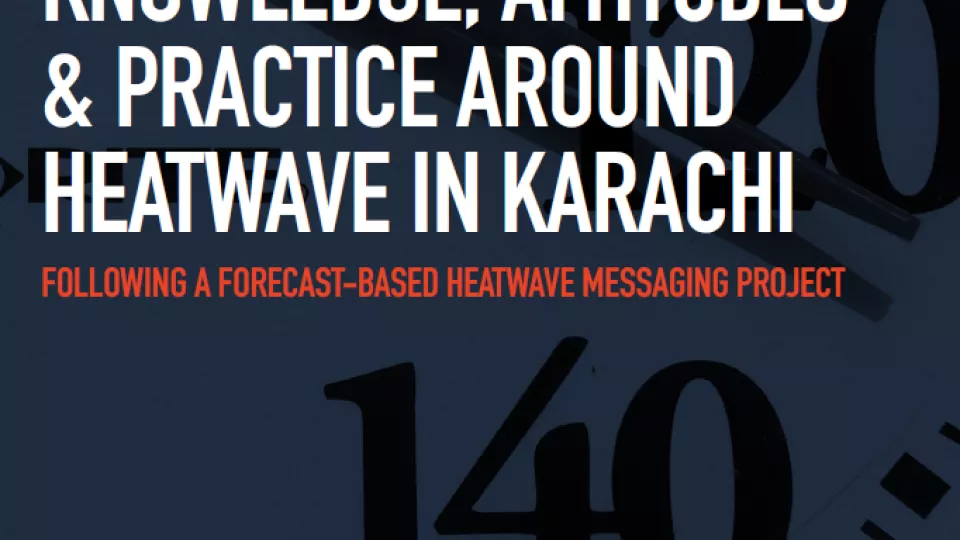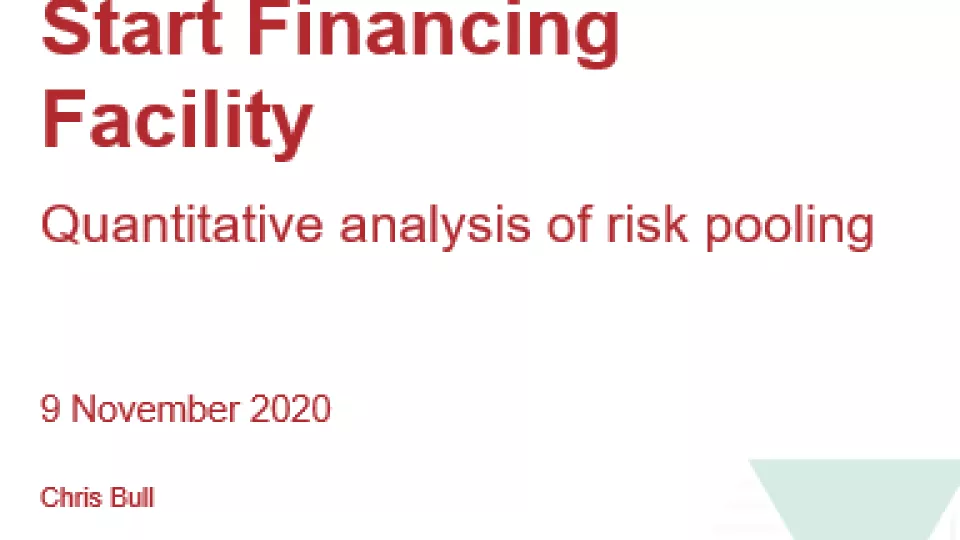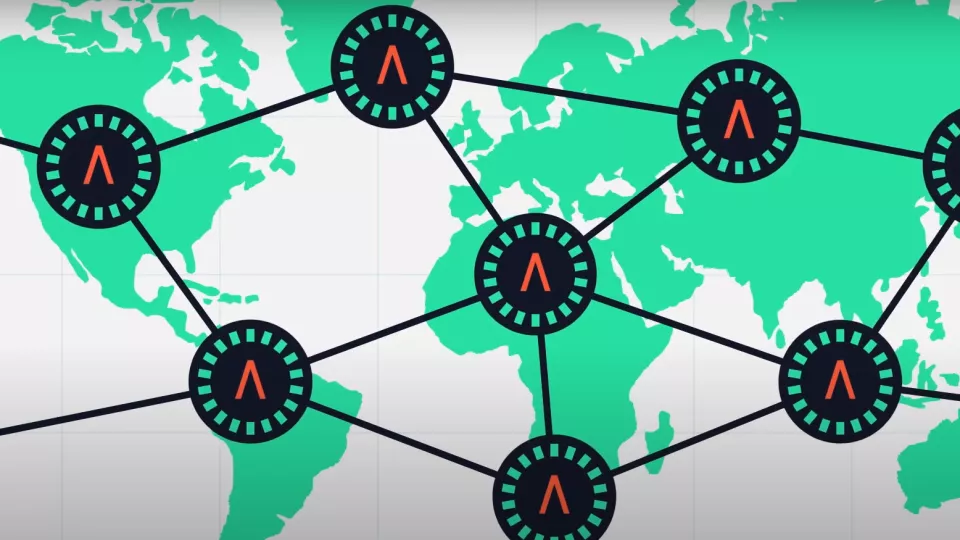Start Network is working to provide more effective and efficient financing models for humanitarian aid. Specifically, to enable a predictable continuum of funding for when risks of different scale and severity start to materialise. This report, commissioned from the UK Government Actuary Department, provides technical advice around the funding of the Start Financing Facility (SFF). In particular, by providing a theoretical illustration of the financial implications of pooling a number of risks into a central risk pool. The paper investigates how the number, frequency and size of the risks will affect the demands on the central risk pool, and highlights options for the financial management of the pool.
